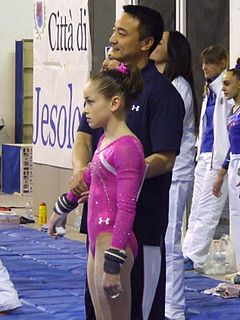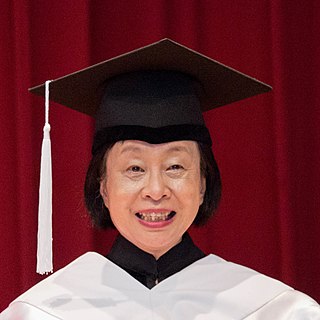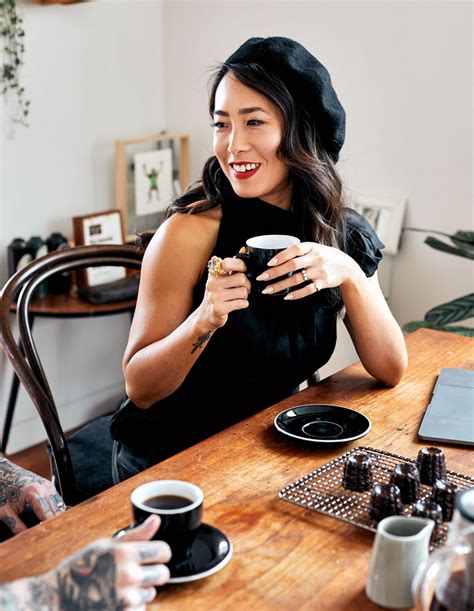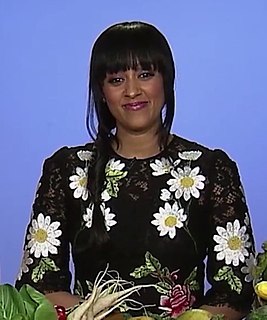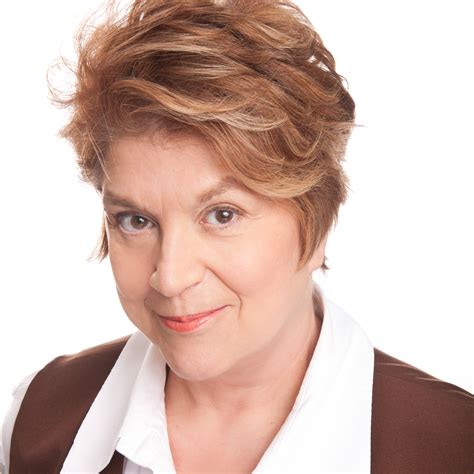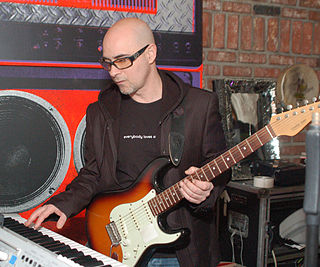A Quote by Liang Chow
The first weeks in the US, I was asking, ‘Where is my food?’
Related Quotes
Almost certainly, the first essential component of social justice is adequate food for all mankind. Food is the moral right of all who are born into this world. Yet today 50 percent of the world’s population goes hungry. Without food, man can live at most but a few weeks; without it, all other components of social justice are meaningless.
Secretly in my heart, I believe food is a doorway to almost every dimension of our existence. ... Food never was just food. From the time a cave person first came out from under a rock, food has been a little bit of everything: who we are spiritually as well as what keeps us alive. It's a gathering place, and in the best of all worlds it's possible that when people of one country sit down to eat another culture's food it will open their minds to the culture itself. Food is a doorway to understanding, and it can be as profound or as facile as you would like it to be.
I don't think poetry needs to be "easily understandable." First of all, there are often complexities of syntax, form, unfamiliar absences, etc., that require a deeper concentration than is usually demanded of us. So that, right off the bat, is a little difficult. Then there is the deeper issue of what poetry is really asking of us. I feel it is asking us to read with great, even sacred, care and attention. That, too, is difficult. It requires discipline and the creation of a temporary zone of privacy, which is inimical to our current conditions of life.
We are weak, please let us in. We're week, please let us in." After about a week tha song is gonna change to, "We're hungry, we need some food." After two, three weeks it's like "Give me some of tha food! I'm breakin down tha door." After a year it's like, "I'm pickin' the lock, comin' through the door blastin." It's like, "I'm hungry.
